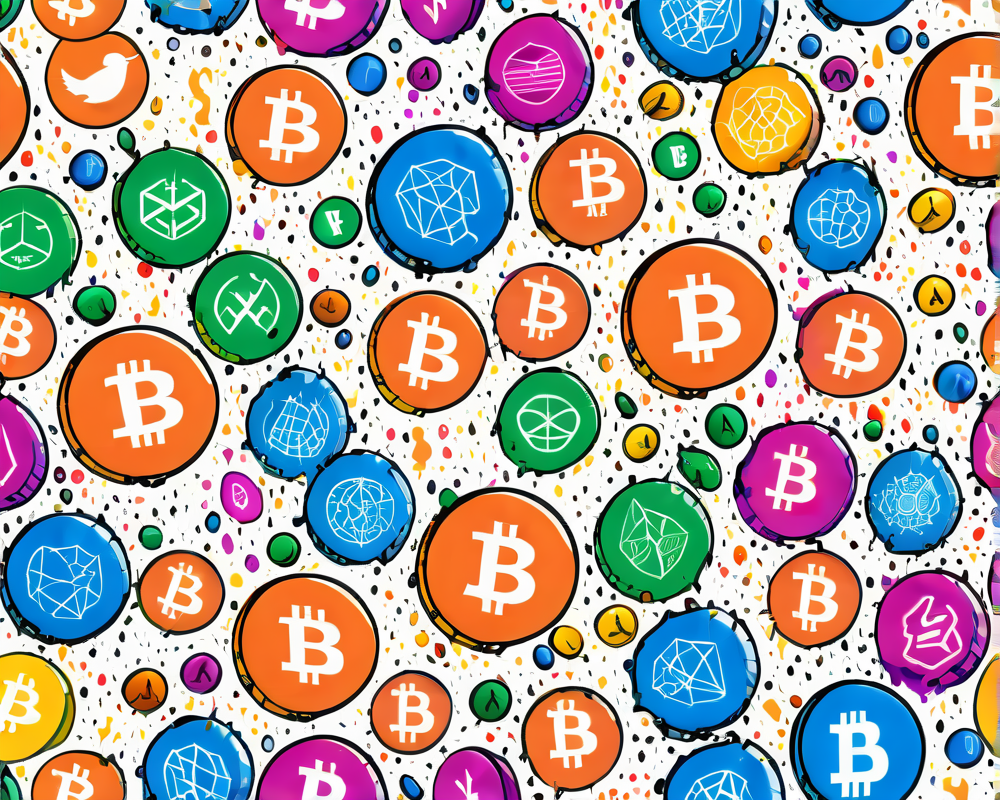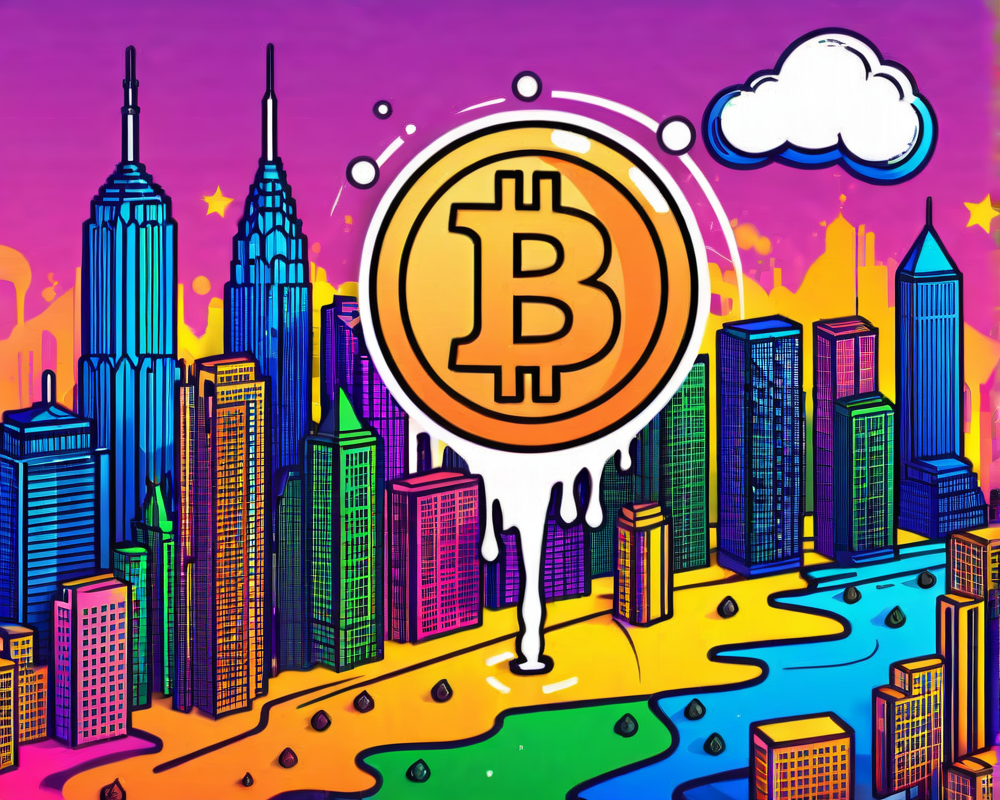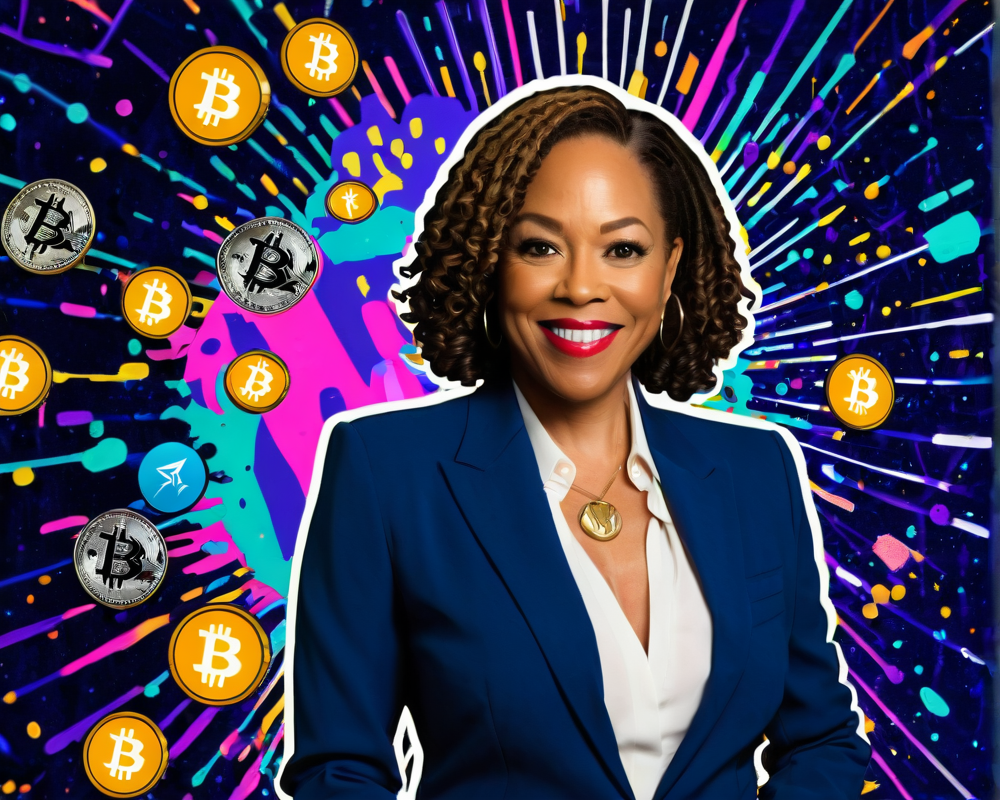The Cautionary Tale of NFTs
In a world where digital assets are sprouting up like dandelions in spring, three of China’s biggest financial associations—the China Banking Association, China Internet Finance Association, and the Securities Association of China—decided enough is enough. They recently issued a joint statement that feels like a stern parental warning, cautioning the public against the ‘hidden risks’ that lurk behind the shiny facade of nonfungible tokens (NFTs).
Peeling Back the Layers of Financialization
The statement isn’t just a warning; it’s a full-on regulatory takedown of NFT financialization and securitization. Imagine trying to turn your digital cat meme into a stock option—that’s the vibe they’re trying to avoid. They are encouraging innovation within crypto and blockchain but want to ensure it doesn’t morph into a wild west of speculations and scams.
- NFTs are not to be treated like securities or commodities.
- Investors should resist the urge to see these tokens as financial assets.
- Any existing notions of NFTs being like stocks, bonds, or precious metals? Toss them out the window.
The Fine Print on Transactions
In the grand structure of their initiative, the associations laid down the law about how NFTs should not be priced or settled using cryptocurrencies like Bitcoin, Ether, or Tether. Picture a drama unfolding where Bitcoin makes a grand entrance only to be escorted out the back door. That’s the intent here!
Additional Requirements for Platforms
All platforms dealing with NFTs must ensure real-name authentication and adhere to Anti-Money Laundering protocols. Imagine showing your ID to buy video game skins—this is that, but for adults and without the dragon-slaying.
Guiding Consumers: A Call to Awareness
The associations didn’t just throw up a warning sign; they also rolled out a roadmap for consumers. It’s like they’re saying: ‘Hey, watch your wallets!’ They’re asking the public to:
- Establish a solid understanding of what they’re diving into.
- Be cautious and resist the urge to speculate on NFTs like they’re stocks at a clearance sale.
- Report suspected illegal activities—because snitches might not get stitches in this case but could save themselves some serious dough.
A Look Back at China’s Crypto Crackdown
This isn’t the first rodeo for China when it comes to regulating the crypto universe. After banning crypto exchanges in 2017, the country ramped up efforts in 2021 to tightly control the sector. Even social media platforms have felt the impact—seemingly acting preemptively to navigate the latest regulatory landscape by kicking NFT platforms to the curb. Yet, there’s one player in the game: Alibaba, which bravely launched its own NFT marketplace in 2021.
As we stand at this crossroads of technology and regulation, one thing is clear: while NFTs promise an exciting frontier, you’d better tread carefully. Or as they say on the internet, ‘stay woke but stay safe.’




